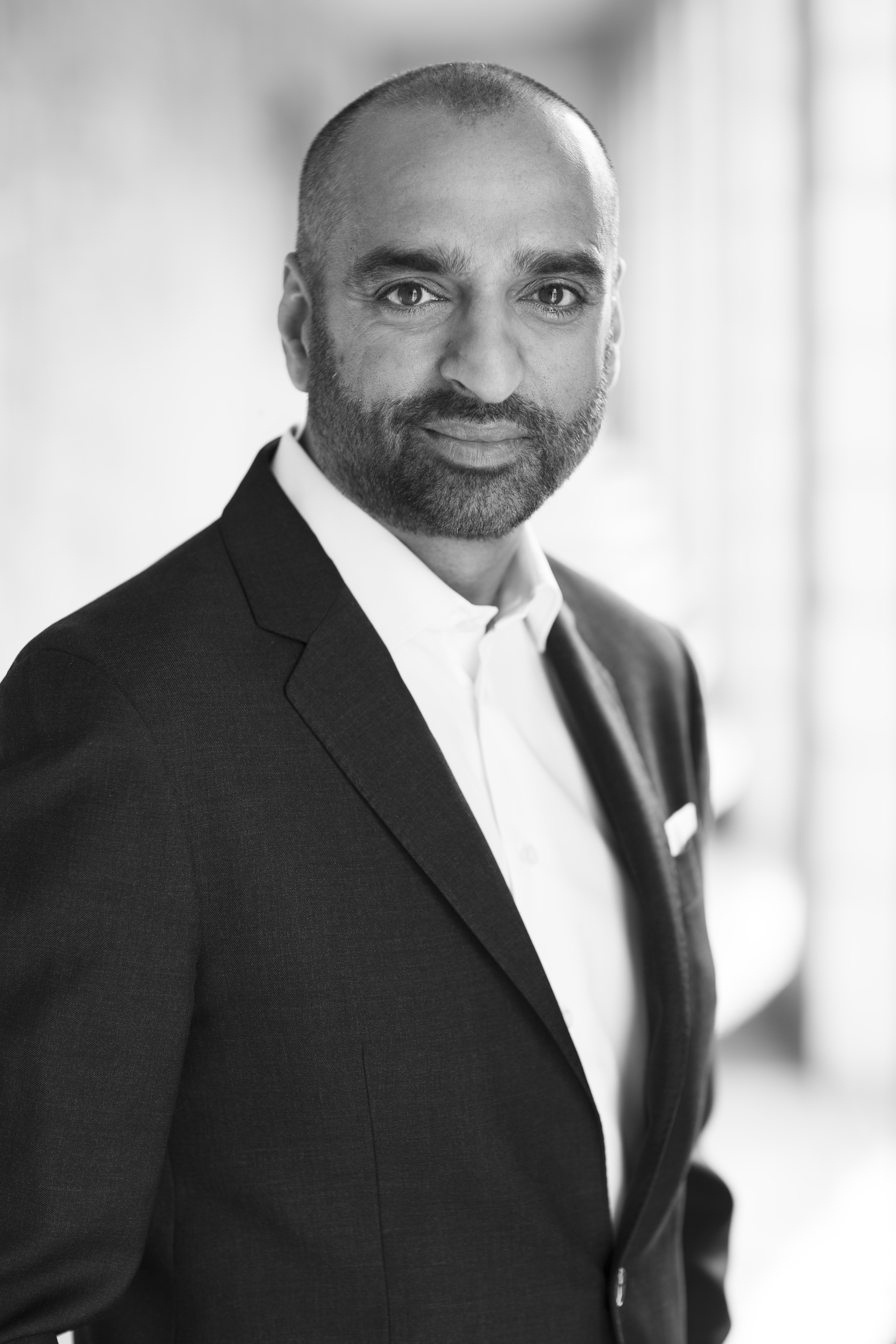The financial space is brimming with opportunity for the savvy Millennial.
People in that age group — i.e., those born between 1981 and 1996 — can take advantage of all manner of technological innovations to maximize their investments. But more than anything else, they are blessed with one crucial asset, time.
While student debt is often a looming concern, time can mean money. As NerdWallet points out, an investment of $14 a day starting at the age of 23, when placed in an account with six-percent interest and compounded annually, will leave you with $1 million by the time you turn 67.
Consider not only the individual consequences of that, but the wider view. With Millennials poised in 2019 to overtake Baby Boomers as the most populous age group in the U.S., they could (and likely will) wield enormous financial clout.
Transamerica notes that 71 percent of younger workers are saving for retirement, and that 39 percent of Millennials are socking away at least 10 percent of their income. Yet the potential is there for them to do even more.
One study found that two-thirds of affluent Millennials believed in late 2017 that the stock market would perform better in 2018 — as compared to 53 percent of Gen-Xers and 32 percent of Boomers — and that has proven to be the case. (That has also been true whenever the market has slumped. A recent report pointed out that there were 27 occasions between 1965 and 2015 when the S&P 500 lost at least 10 percent of its value, and every time it bounced back.)
Despite their optimism, one in four wealthy Millennials have the majority of their net worth in cash. Just 16 percent of the overall affluent population can say the same.
Clearly, then, Millennials have some work to do. The good news is, they have the means to do it. Consider valuable tools such as these:
-
Robo-advisors: Also known as automated investing or online investors, they take the guesswork out of the investment process by using computer algorithms and state-of-the-art software to manage your portfolio. Wealthfront, Wealthsimple and Betterment have been found to be among the best robo-advisors, which are less expensive than their human counterparts.
-
Micro-investing apps: Their worth has been demonstrated most dramatically by Mark Douglas, founder and CEO of a California-based marketing and advertising company called SteelHouse. He gives each of his new employees $500 to invest in Acorns, one of those apps. And he does it not because he has any affiliation with that app, but because he wants to do for his employees what he wishes someone had done for him when he was in his early 20s.
-
Automatic investing: This is a process by which a predetermined amount of money is withdrawn from one’s paycheck or back account each month and placed in an account such as a 401(k) or 403(b), via services like Autopay. There are those who recommend using a similar approach for non-retirement accounts.
-
Diversification: Placing one’s money in ETFs (i.e., exchange-traded funds), stocks, bonds, securities, etc., helps mitigate risk. Such luminaries as Tony Robbins and Warren Buffett believe that index funds are a great place for young investors to start.
The key is getting started, making the conscious decision to put money aside, with the understanding that the sooner you do so, the better.
“If something isn’t an immediate need, we tend to put it off,” Bill McManus, director of strategic markets for Hartford Funds in Wayne, Pa., told U.S. News and World Report. “This can lead young investors down the slippery slope of saying, ‘I’ll start investing next month, or next year, or after I buy this one last piece of furniture for my new place,’ until one month becomes 10 years. Each year spent putting off investing is a year of retirement contributions and potential compound growth that can’t be reclaimed.”
And again, it doesn’t cost much to get started. CNBC.com’s Shawn Carter writes that some online brokerages and management offerings enable investors to pay as little as $5 a trade.
No time like the present, then. And Millennials would do well to come to that understanding.


